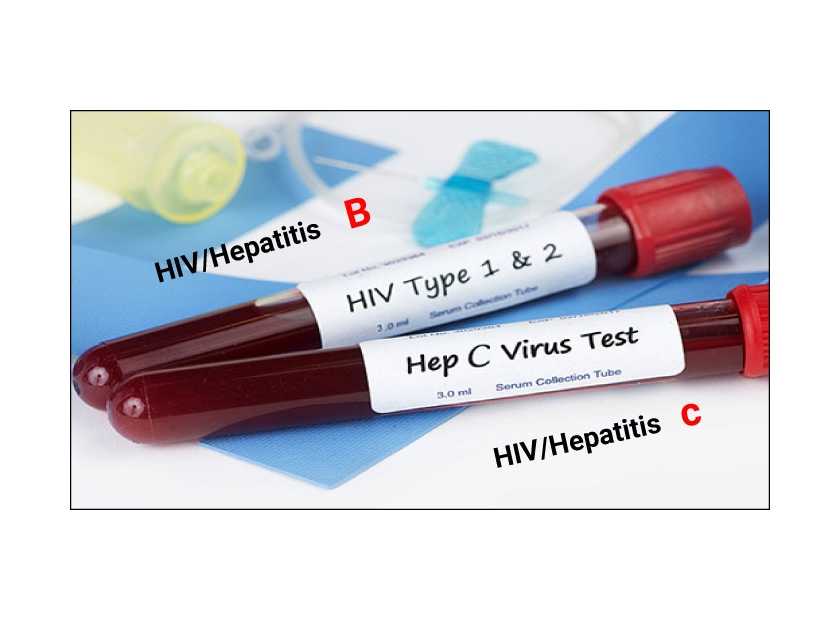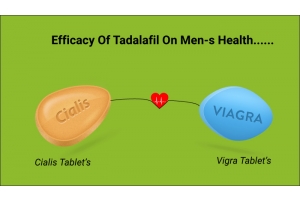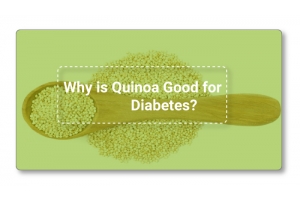Hepatitis C and HIV
What is coinfection?
Coinfection happens when a person has two infections at one time. When someone has the human immunodeficiency virus (HIV), their body is immune system is weaker, making it easy to contract other infections such as pneumonia and certain liver diseases. Complications from liver disease account for 14 to 18 percent of deaths in people with HIV. Of those infections causing liver disease, hepatitis C is one of the most common.
According to the Centers for Disease Control and Prevention (CDC), about 25 percent of people with HIV in the US also have hepatitis C. Both viruses are life-threatening, specially when left untreated. Read on to learn many about the risks for these viruses and what to do.
How do you contract hepatitis C?
Coinfection of HIV and hepatitis C (HIV/HCV coinfection) is relatively common. In people who contracted HIV from intravenous drug uses, the coinfection rate is 50 to 90 percent. People are almost likely to Zepdon 400mg contract it from blood that contains the virus. For example, needle sticks, sharing needles, and getting tattoos puts one at risk of contracting hepatitis C.
One can also contract it by having sex without a condom with someone who has a hepatitis C infection. People who had a blood transfusion before 1992 or a clotting factor transfusion before 1987 are also at risk. Unlike hepatitis A and B, there’s no vaccine available for hepatitis C.
How does HCV spread from person to person?
HCV is spread mainly through contact with the blood of a person who has HCV. In the United States, HCV is spread mainly by sharing needles or other injection drug equipment ("works") with someone who has HCV.
What is the connection between HIV and HCV?
Because both HIV and HCV can spread in blood, a major risk factor for both HIV and HCV infection is injection drug use. Sharing needles or other drug injection equipment increases the many risk of contact with HIV- or HCV-infected blood.
According to the Centers for Disease Control and Prevention (CDC), approximately 25% of people with HIV in the United States also have HCV. Among people with HIV who inject drugs, about 50% to 90% also have HCV. Infection with both HIV and HCV is called HIV/HCV coinfection.
In people with HIV/HCV coinfection, HIV may cause chronic HCV to advance faster. Whether HCV causes HIV to advance faster is unclear.








